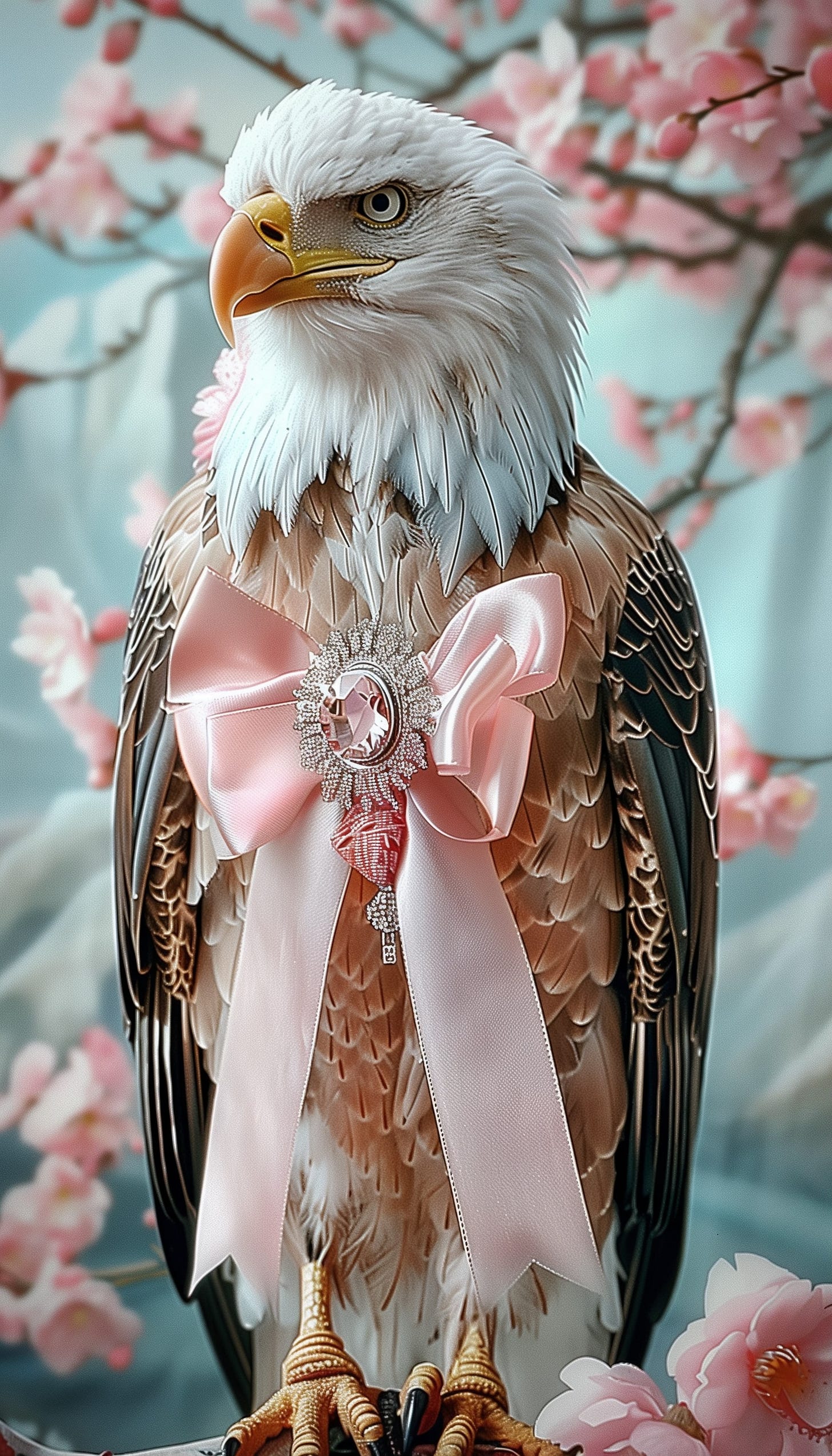Freedom is a word that carries profound significance, often evoking a wide range of emotions and interpretations. It is a concept that many of us hold dear, yet its meaning can differ vastly from person to person and culture to culture. When I asked my 7-year-old daughter what freedom meant to her, she said she wished she had the freedom to request from God that she live forever. Her innocent yet profound perspective reminds us of the boundless possibilities that freedom can symbolize.
For me, freedom is the ability to live authentically and express all of my creativity in ways that bring me fulfillment. It is about giving my mind and body the space they need to achieve balance amid the chaos and indulging in my favorite things within moderation. Freedom, in essence, is the ability to live a life true to oneself.
The Ideology of Freedom in America vs. Authoritative Countries
In the United States, freedom is often considered a foundational value. The freedom of speech, for example, is enshrined in the First Amendment of the U.S. Constitution. This allows individuals to express their opinions, criticize the government, and engage in open discourse without fear of retribution. However, this freedom is not universal.
In many authoritative countries, speaking up against authority figures can have severe consequences, including imprisonment, torture, and even death. In these regions, the concept of freedom is often tightly controlled by the state, and any form of dissent is swiftly and harshly punished.
The Benefits of Freedom
Expression of Creativity: Freedom allows individuals to express their thoughts, ideas, and creativity without fear of censorship or punishment. This leads to a richer, more diverse cultural landscape.
Personal Fulfillment: When people have the freedom to pursue their passions and interests, they are more likely to find personal fulfillment and happiness.
Innovation and Progress: Societies that value freedom tend to foster innovation and progress, as individuals are free to explore new ideas and challenge the status quo.
Diversity of Thought: Freedom encourages a diversity of thought and opinion, leading to more robust and comprehensive solutions to problems.
Human Rights and Dignity: Freedom is closely linked to the protection of human rights and dignity, allowing individuals to live with respect and autonomy.
Seeking Your Own Personal Freedom
Self-Reflection: Take time to understand what freedom means to you personally. Reflect on your values, goals, and what brings you joy and fulfillment.
Set Boundaries: Establish clear boundaries that protect your time, energy, and mental health. This is crucial for maintaining personal freedom.
Pursue Your Passions: Engage in activities and pursuits that resonate with your interests and passions. This will help you live a more authentic and fulfilling life.
Educate Yourself: Knowledge is power. Educate yourself about your rights and the world around you to better understand and advocate for your freedom.
Speak Up: Use your voice to stand up for what you believe in, whether it’s through voting, activism, or simply sharing your thoughts and opinions.
Freedom is a multifaceted concept that holds different meanings for different people. In some parts of the world, the ability to speak freely and live authentically is a given, while in others, it remains a distant dream. Reflecting on what freedom means to us and recognizing its importance can help us appreciate and protect this invaluable right. What does freedom mean to you? Share your thoughts and let’s celebrate the diverse perspectives that make our world so rich and vibrant.








